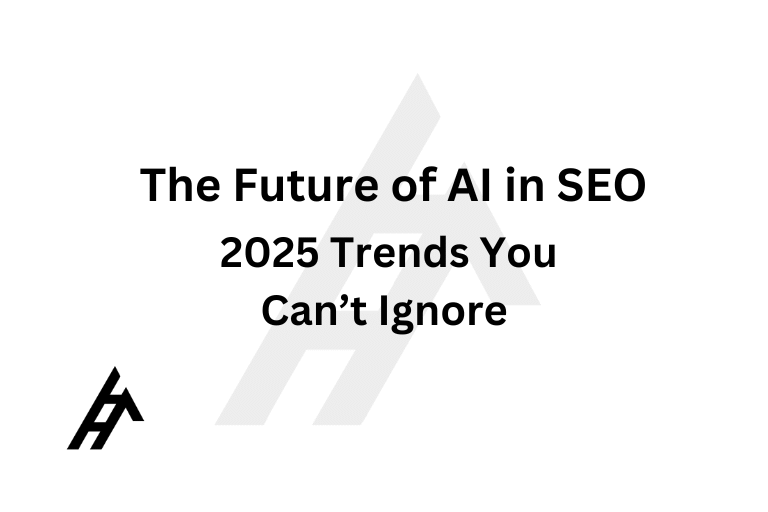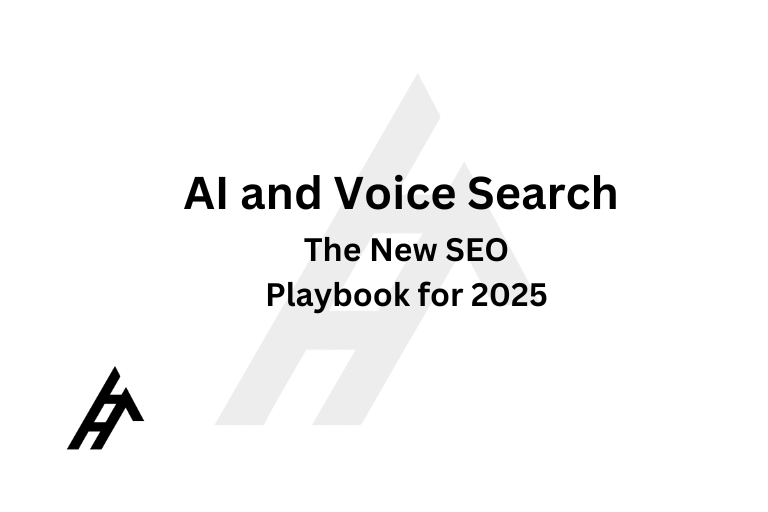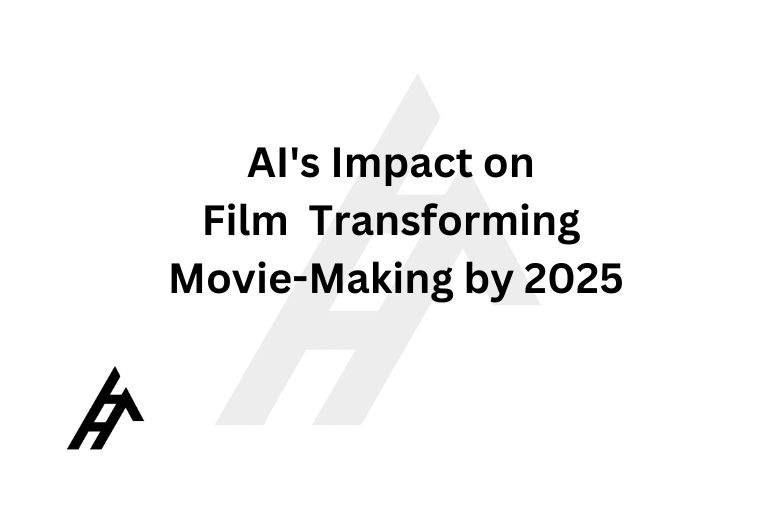Artificial Intelligence (AI) is no longer a distant dream—it’s a reality that’s rapidly transforming every aspect of our lives. By 2025, AI will be deeply embedded in industries, cities, and daily routines, reshaping how we live, work, and interact with the world. From healthcare and education to entertainment and sustainability, AI’s impact will be profound and far-reaching. Here’s a closer look at how AI is set to reshape our world by 2025.
1. Smarter Cities for a Better Future
By 2025, AI will power the development of smarter, more efficient cities. Urban areas will use AI to optimize traffic flow, reduce energy consumption, and enhance public safety. Smart sensors and IoT devices will collect real-time data, enabling AI systems to predict and prevent traffic congestion, manage energy grids, and even detect potential security threats. For example, AI-powered traffic lights will adjust dynamically to reduce commute times, while self-driving vehicles will navigate streets safely and efficiently.
2. Transforming Healthcare with Precision and Accessibility
AI is revolutionizing healthcare, making it more personalized, efficient, and accessible. By 2025, AI-powered diagnostic tools will analyze medical images, genetic data, and patient histories to detect diseases like cancer at earlier stages. Virtual health assistants will provide 24/7 support, answering patient queries and monitoring chronic conditions through wearable devices. AI will also accelerate drug discovery, simulating molecular interactions to identify potential treatments faster than ever before.
3. Redefining the Workplace
The workplace of 2025 will be shaped by AI-driven automation and collaboration. Repetitive tasks will be handled by AI, freeing up employees to focus on creative and strategic work. AI tools will assist with data analysis, decision-making, and even content creation, boosting productivity across industries. However, this shift will require reskilling workers to adapt to new roles, ensuring they can thrive in an AI-augmented workplace.
4. Personalized Education for Every Learner
Education will become more personalized and inclusive by 2025, thanks to AI. Intelligent tutoring systems will adapt to each student’s learning style, pace, and strengths, providing tailored lessons and feedback. AI-powered platforms will identify knowledge gaps and recommend resources to help students improve. Teachers will use AI to automate administrative tasks, allowing them to focus on mentoring and engaging with students.
5. AI in Entertainment: A New Era of Creativity
The entertainment industry will see a surge in AI-driven creativity by 2025. AI algorithms will generate music, art, and even screenplays, pushing the boundaries of human creativity. Streaming platforms will use AI to curate personalized content recommendations, ensuring users always find something they love. In gaming, AI will create more immersive experiences, with non-player characters (NPCs) that adapt to players’ actions in real-time.
6. Tackling Ethical and Societal Challenges
As AI advances, it raises important ethical and societal questions. By 2025, issues like data privacy, algorithmic bias, and job displacement will need to be addressed. Governments and organizations must establish robust regulations and ethical frameworks to ensure AI is used responsibly. Transparency in AI decision-making will be crucial to building public trust and ensuring fairness.
7. Driving Sustainability and Environmental Solutions
AI will play a critical role in addressing global challenges like climate change and resource scarcity. By 2025, AI-powered systems will optimize energy usage, reduce waste, and improve supply chain efficiency. In agriculture, AI will enable precision farming, monitoring crop health and weather patterns to increase yields and reduce environmental impact. AI will also aid in wildlife conservation, tracking endangered species and combating poaching.
8. Enhancing Public Safety and Disaster Response
AI will revolutionize public safety and disaster response by 2025. AI systems will analyze data from surveillance cameras, social media, and sensors to predict and prevent crime. In disaster management, AI will provide early warnings for natural disasters like earthquakes and floods, enabling faster and more coordinated responses. This will save lives and reduce the economic impact of disasters.
9. The Rise of AI-Powered Creativity
AI is not just a tool for automation—it’s also a catalyst for creativity. By 2025, AI will collaborate with humans in fields like art, music, and design. For example, AI-powered tools can compose original music, create digital art, and even write compelling stories. This collaboration will push the boundaries of what’s possible, blending human ingenuity with machine precision.
10. Embracing the AI-Driven Future
By 2025, AI will be an integral part of our lives, driving innovation and solving global challenges. However, its success will depend on how we address ethical concerns and ensure equitable access. Collaboration between governments, businesses, and individuals will be key to harnessing AI’s potential for the greater good. The future of AI is bright, and 2025 is just the beginning of a transformative journey.
Conclusion
By 2025, AI will no longer be a niche technology—it will be an integral part of our daily lives, driving innovation and solving some of the world’s most pressing challenges. However, as we embrace this AI-driven future, it’s essential to strike a balance between progress and responsibility. By fostering collaboration between governments, businesses, and individuals, we can ensure that AI benefits everyone and creates a more equitable, sustainable, and prosperous world.



